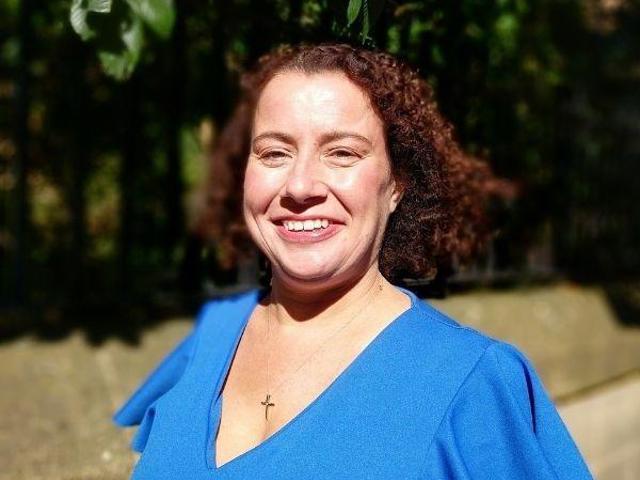Air Commodore Molly Greenwood Allott
Air Commodore
Class of 1935
Air Commodore Molly Greenwood Allott was born on 28 December 1918 was Director of the Women's Royal Air Force from 1973 until 1976.
Molly, the daughter of a Sheffield steelman, was educated at Sheffield High School from 1929 – 1935 and had her heart set on being a WREN when war started.
But the WRENS already had a waiting list, so a friend persuaded her into the RAF. She was commissions in the Supply Branch before war ended and served on Coastal command stations until November 1945.
She remained in the WAAF after the war, and continued into the permanent Women's Royal Air Force when it was established in 1949. After postings in Egypt and Singapore, she served on the staff of John Grandy, commanding RAF Germany, from 1960 to 1963, and returned to the United Kingdom for a staff post in RAF Fighter Command.
She has a history of firsts in her background. She was the first woman wing officer at a command headquarter with responsibility for the supply of aircraft and technical equipment. In 1972, she again broke new ground as the first woman to be promoted to group captain in the Supply Branch. Just days after being promoted to air commodore, and appointed Director of the Women’s Royal Air Force in July 1973, she was made an honorary Aide-de-Camp to the Queen. She held both titles until 1976.
Her views on equality were recorded in an article in the Sheffield Telegraph in 1976;
“We have been so integrated that we don’t need to fight so hard for women’s rights. People are sometimes a bit surprised when I meet them off-duty because they expect us to be rather more masculine. But we worked hard at not being masculine. It would not attract the right kind of girl into the service, for one thing.
“I think women in a situation where they do have equality are more successful when they retain a feminine image, and probably do women a greater service that way, too.”
Women, says Air commodore Molly Allott, can do some jobs better than the men. Their calm voices, and unflappable manner made them shine in air traffic control. The mechanics’ course is always overbooked, and there were plenty of women drivers. But, so far, there are no service women pilots or navigators. The training is long and expensive and there was no guarantee that a woman would stay in service long enough to make it worthwhile.
Women had a non-combatant status in Britain. “I don’t think they will change. It depends on whether we need to use women in a warlike role, and so far in this country we have never needed to. If we had a common frontier with Russia I am sure our attitude would be different.”
After stepping down as Director, she chaired the Girls Venture Corps and held positions with the Union Jack Club and the RAF Benevolent Fund. She also helped fundraise for the Battle of Britain Museum at the RAF Museum, Hendon.
She was the first woman in the RAF Supply Branch to have been promoted to the rank of Air Commodore.





